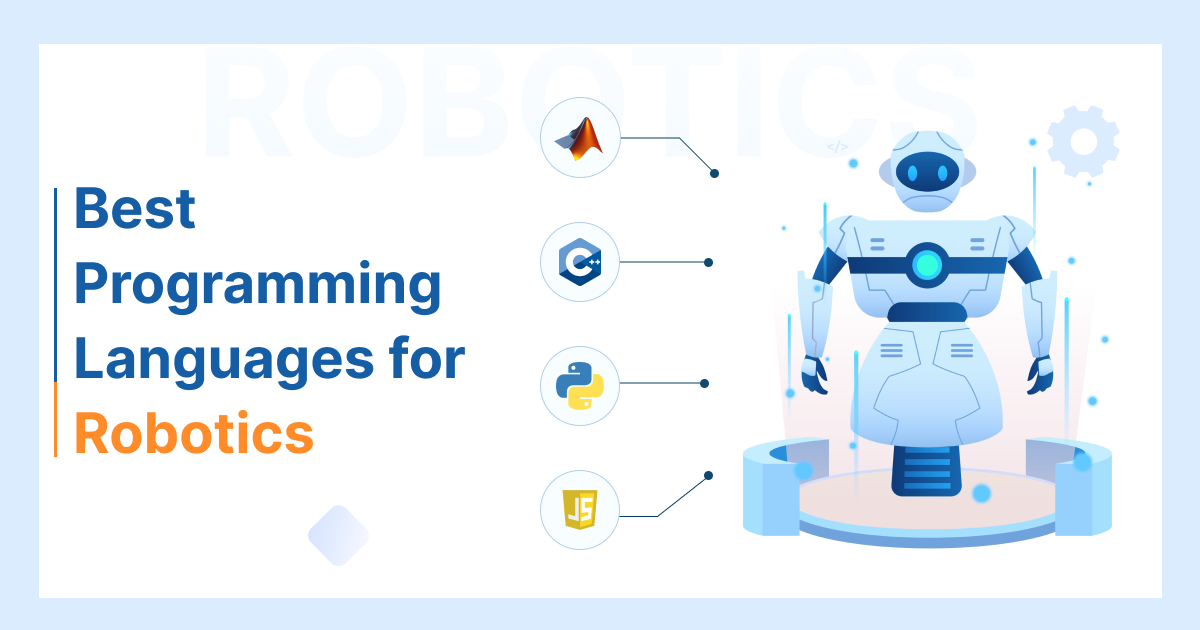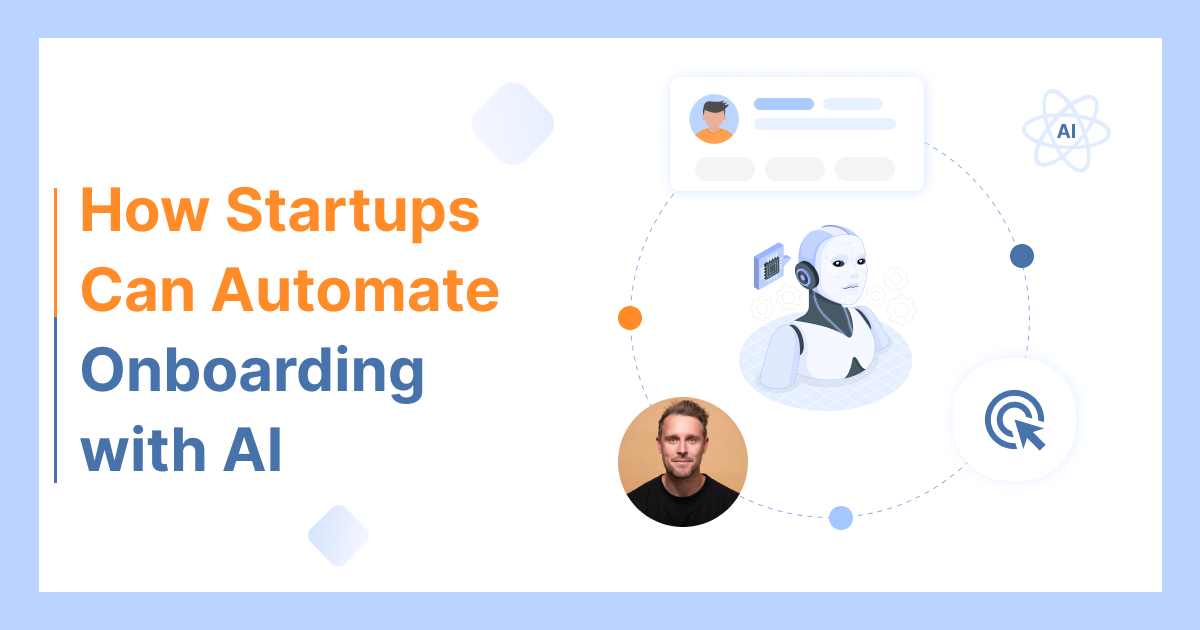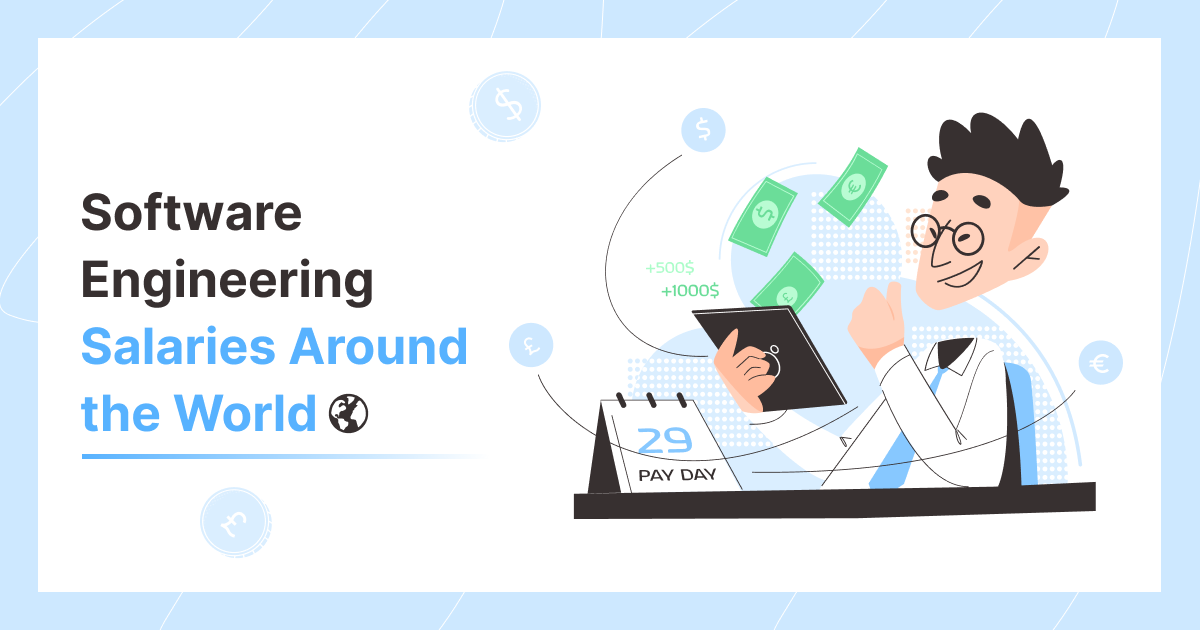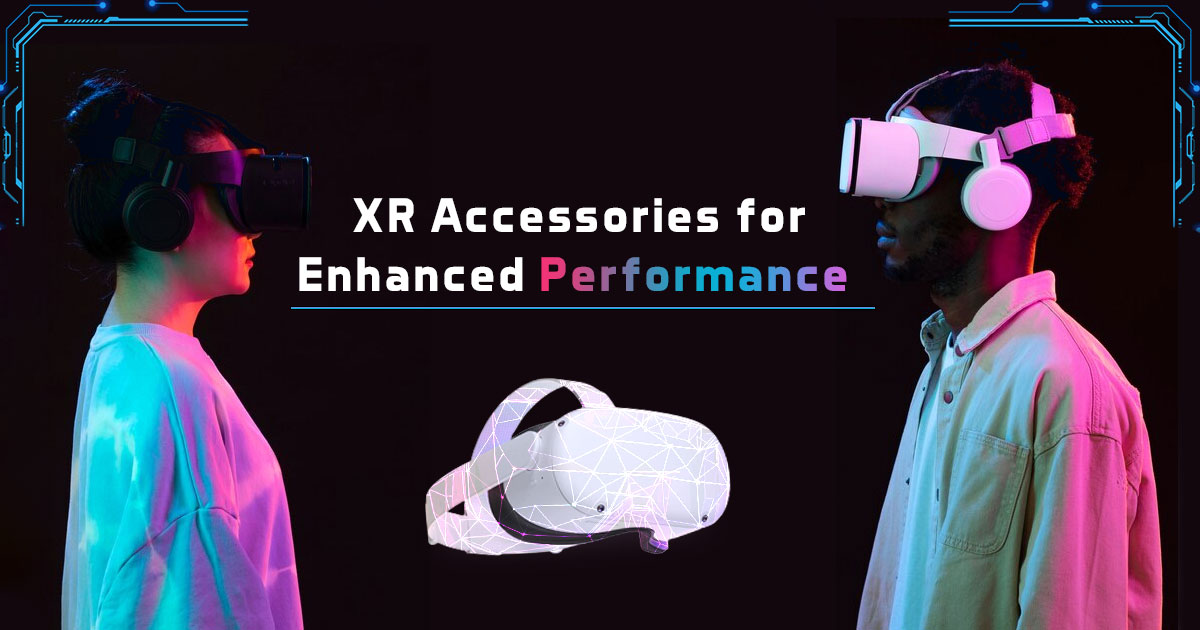The intelligence of humans has given rise to many technologies over the past decades. It is the intelligent tendency of humans to bring out inventions and discoveries for the advancement of human society. One such invention that has taken over the tech landscape is the use of Artificial intelligence.
To assist humans and automate manual tasks, human intelligence has replicated itself and created artificial intelligence applications in multiple fields of industries. The emergence of Artificial intelligence has also supported the emergence of technology such as big data, machine learning, and deep learning.
Robotics, IOT, and neural networks are evolving in step with Artificial intelligence. AI-related patents are increasing in number, and tech giants like Tesla are investing financially and skilfully in the development of Artificial intelligence apps. From e-commerce to healthcare, all industrial verticals have been making considerable progress in AI capabilities.
How is AI evolving in 2024?
Artificial intelligence has evolved over the past decade from knowledge engineering by combining different spheres of existing technologies. The use of algorithm-based machine learning and computer models supports AI capabilities and adaptation to different situations. Today, computer networks are able to access a lot of data, and they use these databases to fuel human interaction and decisions.
The development of artificial intelligence is mankind’s effort to go beyond its own capabilities and knowledge base. Artificial intelligence is, so to speak, a reflection of human intelligence, where humans are exploring the possibilities of things that they can get done with machines and robotics.
In a world of screen and virtual interactions, humans are looking for human-like interactions with machines, and this has created scope for the evolution of AI capabilities and features. From something as simple as a chatbot to a complex virtual assistant, AI has the potential to become a problem solver and companion for humans. Humans are looking towards increasing the pace and efficiency of processes, and artificial intelligence can make it happen.
Future of Artificial Intelligence
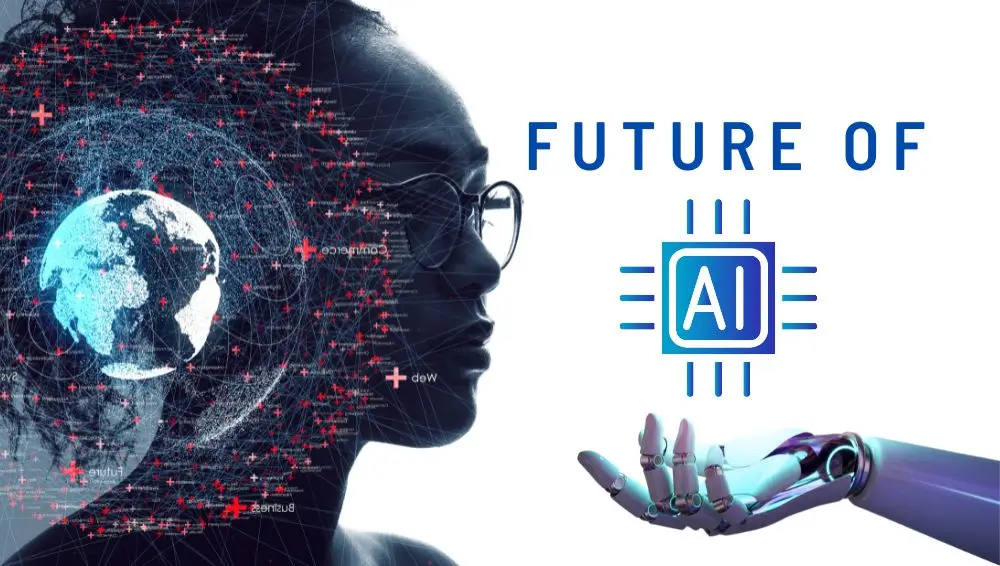
In the near future, artificial intelligence is seen as the technology that has the power to transform every industrial vertical. The future of artificial intelligence includes generative adversarial networks that allow computers to create with AI algorithms instead of simply analyzing and taking decisions on behalf of humans.
The excitement of AI is that there is so much that is yet to be explored and made possible with it that researchers are highly invested in the sector. Researchers are optimistic that Artificial intelligence will also be able to resolve the burning issue of climate change. With the use of green energy and sensors, Artificial intelligence will be able to bring sustainability to tech.
AI is predicted to influence more than 60 percent of the world’s businesses. The future of AI is its accessibility to businesses and users who will directly interact with AI-powered apps and machines.
Industries has AI impacted the most in 2024?
Many industrial verticals will be positively affected by the use cases of AI. Artificial intelligence has the ability and potential to transform general industrial verticals. The present apps of AI have started changing the sectors for the better.
| ◉ The Transport Industry has impacted the Most The use of green energy, robotics, and AI has brought in autonomous cars and vehicles. From AI-powered drones to driverless cars, there are so many possibilities shortly. |
| ◉ The Transport Industry has impacted the Most The use of green energy, robotics, and AI has brought in autonomous cars and vehicles. From AI-powered drones to driverless cars, there are so many possibilities shortly. |
| ◉ The customer service Industry has impacted the Most Customer service processes are common to nearly all companies. Customer experience is, therefore, an area in which AI can create a widespread impact. With virtual assistants and chatbots, customer service and communication are already changing with the help of AI. |
List of 12 Best AI Apps in 2024 Everyone Should Know
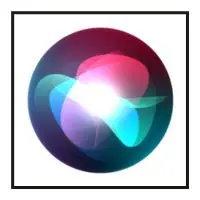
Siri is by far one of the most well-known examples of the best AI apps because it is the virtual assistant of Apple systems. All kinds of Apple devices powered by iOS and MacOS have Siri as their user interface. Siri uses an interface with natural language capabilities and query answering that allows it to interact with the user.
Siri acts as a small companion in a phone or mobile device that can fulfill requests from the user. The capabilities of the internet and AI combine to make Siri successful. With the use of AI, Siri can adapt to personal requests, queries, and the language of the user.
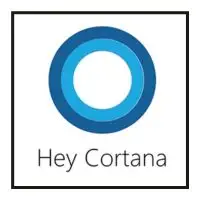
Just like Siri, Cortana is the virtual assistant app for Microsoft devices. The Cortana app works in tandem with the Windows 10 and Windows Mobile system. Cortana is available as a voice assistant in devices powered by Windows and PCs that have Windows 10.
Cortana can help users with completing simple tasks and requests. Cortana can be used to keep reminders, maintain schedules, make notes, and finish tasks on the device.
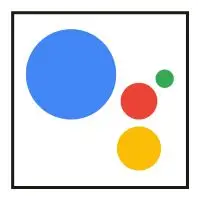
Another example of AI capability in the form of virtual assistants is Google Assistant. Google Assistant is an AI-powered voice assistant launched in 2016 by Google. Today, android phones and Google devices have Google Assistant built. It is one of the most advanced voice assistants and is seen as a rival of Siri.
Google Assistant runs both on voice commands and textual commands. It has adaptive natural language processing capabilities that help it complete tasks and requests from the user. From finding information from the internet to using Google translate services, there are many tasks that the Google Assistant can finish for the user.

Elsa Speak is a popular AI-powered app that can help people learn English. The AI app interacts with the users in human-like dialogues so that they can practice their language skills. Apart from natural language processing, the app also has an adaptive feedback mechanism that helps users in making real-time progress. The app also uses speech recognition technology.

Alexa is an AI technology launched by Amazon that powers Amazon devices like Amazon Echo and Amazon Echo Dot today. Alexa is today available on Android and iOS too. With the help of smart speakers and mobile devices, Alexa offers virtual services like voice interaction, online shopping, music recommendations, searching for information online, etc. Alexa has diversified its devices and controls, making it more accessible.
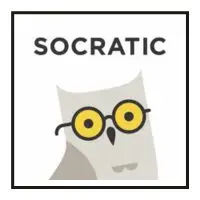
Socratic is a promising AI-powered app that has recently been acquired by Google. Socratic is a student-friendly app that can be used to solve common questions and homework for students. Students can take pictures of questions and problems. Once these pictures are fed into the app, the app provides visual explanations of the solutions and concepts of the question.
The app uses speech recognition and image recognition technology. It uses web-aided learning platforms for students where they can access information to solve problems. The app is very highly rated in different app stores.
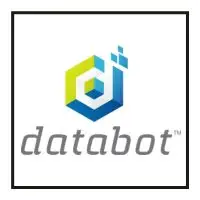
The DataBot program is a virtual assistant program found on Android, Desktop, and iOS. The app can run on different devices, such as iPad, iPods, tablets, phones, and other devices. The virtual assistant is adaptive and customizable. The assistant helps get real-time information for queries and answers queries in its own voice. It integrates with search engines and important information pages to help you know things.

Fyle is an expense management app with AI-powered capabilities. The app is available on different operating systems such as Android, iOS, and desktop. The app has capabilities such as expense management reporting, real-time policy checks, and real-time data extraction. The simplified interface makes the management of daily expenses easy.

Hound is also an AI-powered voice assistant app that can be used on Android and iOS systems. The assistant uses natural language processing abilities to respond to the user’s voice. The assistant helps the user in searching for results online and also refine those results according to the query.
The assistant can also make calls and answer calls for the user. The virtual assistant app works with vehicle infotainment systems and has paired with Mercedes-Benz, Honda, Motorola, and other popular companies.

The Youper app is an AI-powered emotional health assistant that can act as a voice companion for users. The users can talk to the app like a talking mental health journal. The app can track your moods and help you battle stress and depression. It also offers customized recommendations for meditation and mental health exercises for your well-being.
Conclusion
These are the top 12 apps powered by Artificial Intelligence that have grabbed the headlines this year. The professional Ai Developers active in artificial intelligence and machine learning are constantly working towards improving existing AI apps and creating new apps. AI is adaptive and evolving, which broadens the possibilities and opportunities for the technology. Tech giants and startups are coming up with ideas that can support the progress and diversification of AI in the future. What we see this year is just the beginning. AI is here to stay and transform public life.
Check out our latest Ai posts here!
Top 13 Examples Of Artificial Intelligence In Daily Life | Conversational AI: The Technology of the Modern Age | A Guide to Becoming An Artificial Intelligence Engineer in 2024


